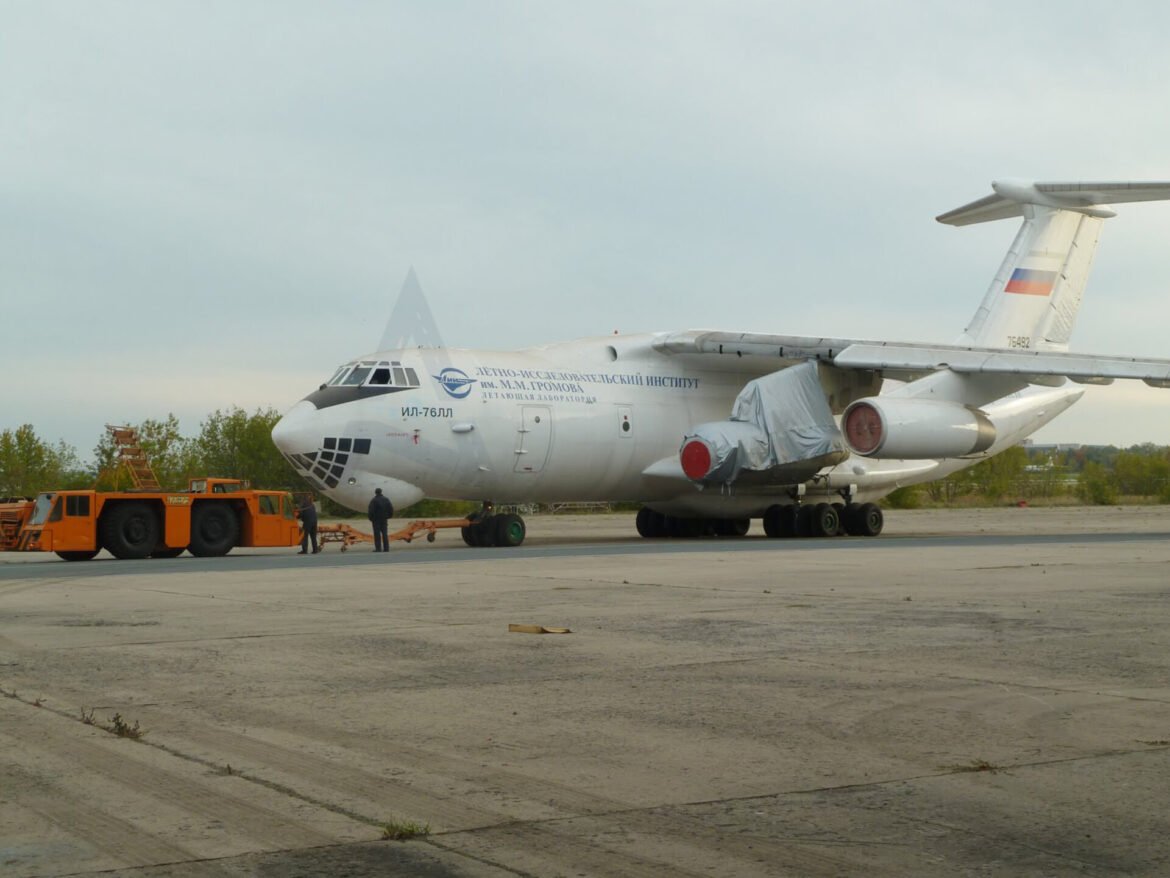The Kaveri Derivative Engine, developed by the Gas Turbine Research Establishment (GTRE) in India, has embarked on a crucial phase of flight trials in Russia. This significant milestone marks a key step in the journey of India’s indigenous aerospace development and the advancement of its defense capabilities. The engine, which is a derivative of the Kaveri engine originally designed for the Indian Light Combat Aircraft (LCA) Tejas, is undergoing a rigorous 70-hour flight test program aimed at validating its performance and operational capabilities in real-world conditions.
This trial phase, which is being conducted in partnership with Russian aerospace entities, is expected to provide valuable data on the engine’s efficiency, reliability, and potential for future applications. The Kaveri Derivative Engine is being tested under various flight conditions to assess its operational performance, including thrust output, fuel consumption, and temperature stability. The trials are essential in ensuring that the engine meets the stringent standards required for use in high-performance aircraft.
The Kaveri engine program has faced challenges over the years, particularly with regard to achieving the desired thrust-to-weight ratio and overcoming technical obstacles related to engine efficiency. However, the development of the derivative engine signifies a major leap forward, as it incorporates several design improvements aimed at enhancing its operational reliability and performance. These advancements are expected to make the Kaveri Derivative Engine a viable option for both the LCA Tejas and potentially other future Indian aircraft.
The 70-hour flight test program in Russia is a critical phase in the development process, as it provides an opportunity for real-time evaluation and optimization of the engine’s systems. The trials are being conducted in a controlled environment, allowing engineers and experts to closely monitor the engine’s behavior under various flight conditions, and make necessary adjustments as needed.
This development is also part of India’s broader strategy to strengthen its self-reliance in defense technology. The success of the Kaveri Derivative Engine is expected to have far-reaching implications, not just for the Tejas program, but also for India’s long-term goals of developing advanced military aircraft and reducing dependence on foreign suppliers for critical defense technologies.
As India continues to focus on enhancing its indigenous defense capabilities, the Kaveri Derivative Engine’s successful flight trials will be seen as a crucial step toward achieving greater technological autonomy in the aerospace sector. The results of these trials will determine the engine’s readiness for further integration into India’s defense and aviation programs, contributing to the country’s growing aerospace ambitions on the global stage.

